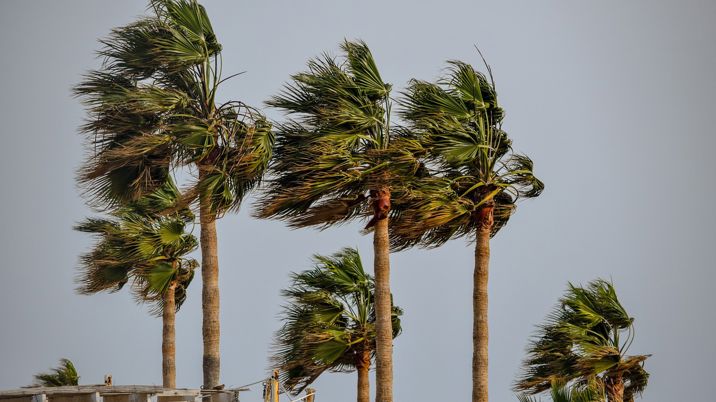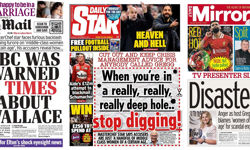
I was in the States at the end of October for a very enjoyable two-week holiday.
Everyone’s hospitality was through the roof, but one thing people didn’t want to talk about was the election. Whenever the subject came up, it was like walking on eggshells.
Most newspapers were less reticent.
Whilst there, I picked up a copy of The Philadelphia Inquirer, on the day of its endorsement. Unlike the Washington Post, it had decided to give one.
Spread over two pages, the paper argued robustly and passionately why Kamala Harris should be the next president.
The piece concluded: “There is only one candidate — Kamala Harris — who will preserve, protect, and defend the Constitution of the United States from foreign and domestic enemies. So help us, God.”
They weren’t sitting on the fence.
Yet, ten days later, Pennsylvania voted for Donald Trump. Not by much (he won 50.4% of the vote), but by enough.
The Inquirer was not alone in failing to be the decisive voice it would have wanted, and perhaps once expected, to be.
If the presidential election were decided by newspaper and magazine endorsements, Harris would have won by a landslide and be assembling her cabinet (no doubt less controversial than the one we’re getting from Trump) as we speak.
According to an analysis on Wikipedia, 47 daily newspapers endorsed her (against 6 for Trump and 17 no-endorsements) as did 88 weekly newspapers (against 5 for Trump and 7 no-endorsements), all college and university newspapers and of the magazines they surveyed, 24 endorsed Harris (against 1 for Trump and 2 no-endorsements).
So, there you have it. Trump won the popular vote (50%:48.3%) and the electoral college (312:226) but Harris absolutely smashed the newspaper and magazine endorsements.
Of course, only one of those really matters and it’s not the endorsements.
It was a similar story in 2016 when the overwhelming majority of newspapers and magazines endorsed Hillary Clinton.
It says much about the nature of influence in the western world today when you have a situation where intelligent, knowledgeable, experienced, objective and responsible journalists advise one course of action and the majority of people do the opposite.
This article was first published in InPublishing magazine. If you would like to be added to the free mailing list to receive the magazine, please register here.












